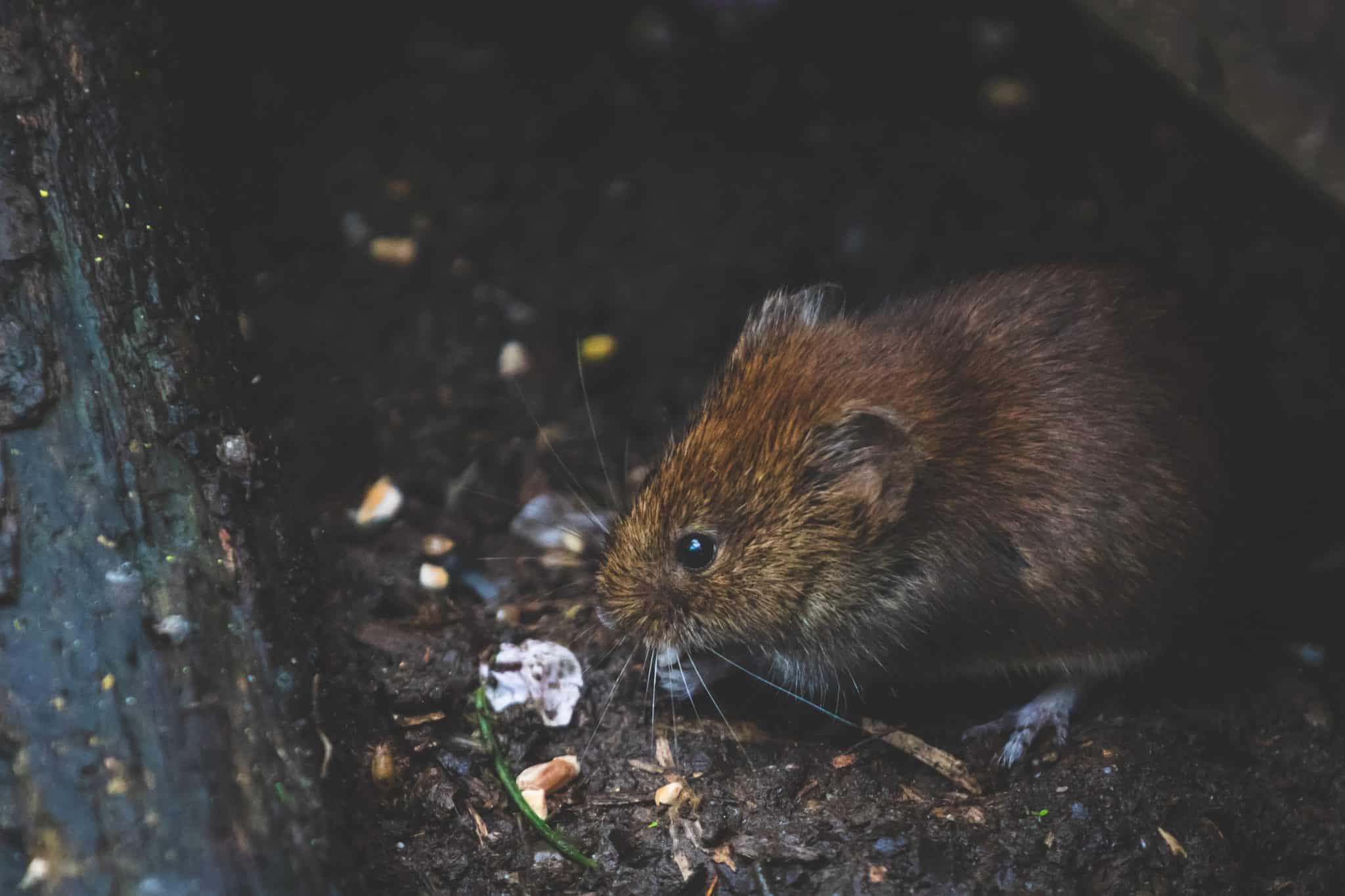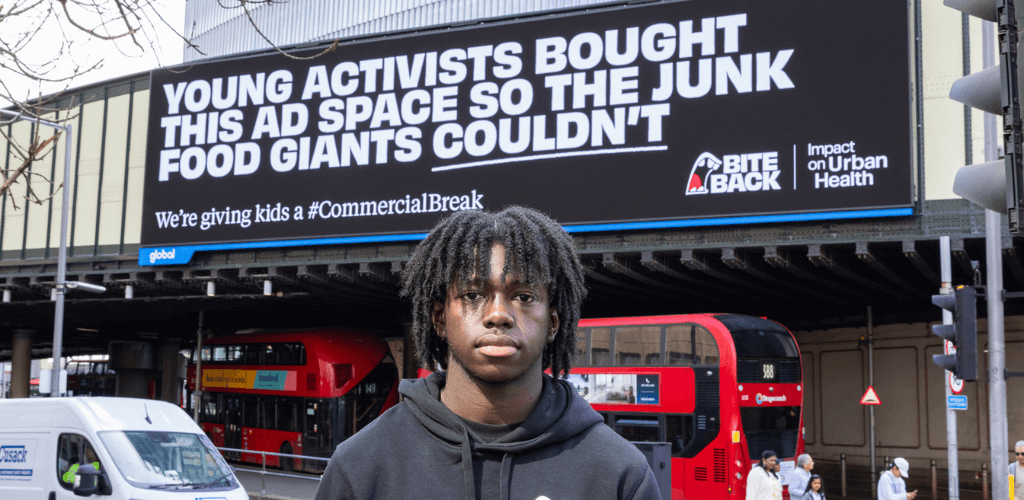The biodiversity crisis is just as urgent as climate and more must be done to raise the issue’s profile ahead of the UN biodiversity conference this year.
This was the discussion at a session unveiling a new report on the deteriorating state of England’s nature by the Environment Agency, where chief executive James Bevan, outlined the catastrophic biodiversity losses in England over the last 50 years.
Total species have declined by 40 per cent due to large areas of habitat losses including 70 per cent of ancient woodland, 97 per cent of meadowland and 99.7 per cent of fens, he said.
“One quarter of all mammals in this country are at risk of extinction,” said Bevan, speaking at a panel hosted by environmental think tank Green Alliance. “Does it matter that the water vole becomes extinct?”
“The biodiversity crisis will not just kill the animals and plants, it will kill us too,” Bevan added. “No nature, no us.”
“Nature provides the basics for life, clean water, clean air and food,” he said. “The biodiversity crisis joins the climate crisis as an existential risk to our survival.”
“The climate and nature crises are interlinked. You can’t solve one without the other,” added executive director of Green Alliance, Shaun Spiers.
“Without achieving nature positive goals, we cannot achieve net zero goals,” echoed Daisy Hessenberger from the World Business Council for Sustainable Development.
The panel agreed that it was not too late to act, despite the accelerating losses, and that this year represented a critical juncture with the UN biodiversity conference taking place in December in Montreal, Canada.
Meanwhile, senior international policy advisor at the RSPB, Georgina Chandler, warned that leaders do not take biodiversity as seriously as the climate crisis.
“I’ve come straight from the negotiating room in Nairobi and there’s really not the urgency that it requires,” said Chandler. “We need to raise the status.”
“It [biodiversity] does not get enough attention compared to the scale of action needed,” she said.
She added that more must be done to communicate the impacts on individuals and society as a whole to get the issue higher on the political agenda.
Founder of organic veg box company, Riverford, Guy Singh Watson said that these international conferences are failing to capture the attention of the public because of the recent failures of climate conference, COP26, to achieve significant agreements.
“It doesn’t resonate. Why should we care? It was only on the final day of [of COP26] that fossil fuels were even mentioned,” argued Singh‐Watson. “It’s drivel.”
“We have the technical ability [to reverse losses], but whether we have the political will, I doubt it very much,” Singh‐Watson said.
“Governments want to be seen to act,” he added. “Businesses are the same, but it’s expensive and complicated. We need a government framework.”
Chandler concluded that politicians and leaders must take more action, adding that they should “turn their rhetoric into reality.”
Meanwhile Hessenberger called on campaigners, citizens and businesses to raise the profile of biodiversity conference COP15 and “make it into the spectacle COP 26 was.”
What can you do?
Get involved in citizen nature project with The Big Butterfly Count, taking place from the 15th July to 7th August. With a free app to help identify species, pick a spot and simply record what you see for 15 minutes each day. Find out more information here.













Looking on the bright side, once human beings have died out (which they surely will, probably within the next hundred years, if not from catastrophic climate change, then from war or plague or pollution), then nature will have a chance to recover and the world will be a much better place.
I tend to agree with Guy, these meetings come out with a lot of words but little action. I know it is difficult to grasp how to drastically reduce the use of fossil fuels, and make it acceptable to most, but it must be done or we are in big trouble.
Numbers I have heard are just mind boggling. When one considers that human animals and the animals they keep to feed themselves amount to 96% of the mass on the planet. This leaves 4% for wild undomesticated animals. I think those figures are about right.
We are certainly making our presence felt at the expense of wild life. Makes you think! Well it does me.